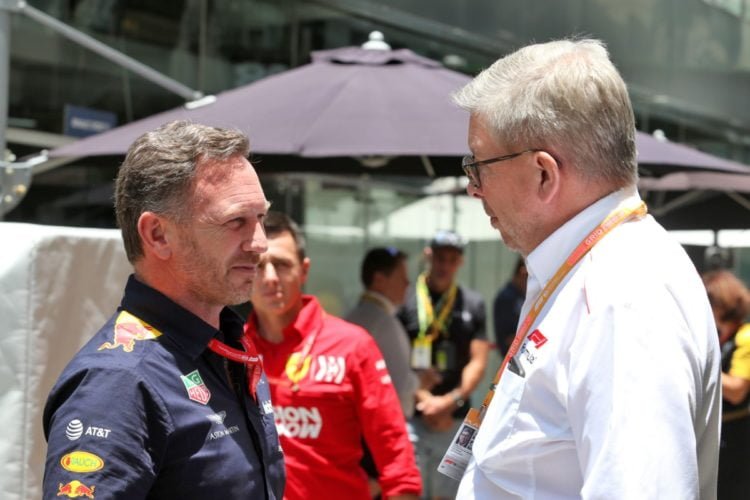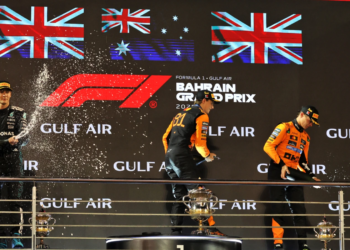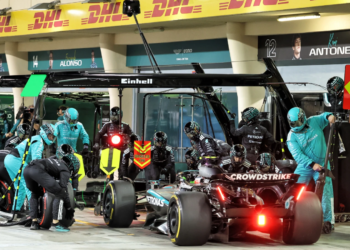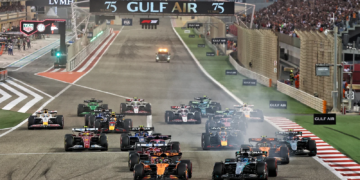Formula 1’s Managing Director of Motorsport Ross Brawn is certain teams will be kept in check under the 2021 financial regulations through self-policing and potential whistle-blowing.
The 2021 F1 season will be held under financial regulations placed on World Championship for the very first time in its 70-year history, with an annual restriction of $175 million.
Teams will be operating under the FIA’s Cost Cap Administration, with a dry run of the regulations set to be undertaken throughout the 2020 campaign.
When the rules come into force on January 1 2021, the CCA will also work with the financial consulting firm, Deloitte, who will audit teams regularly.
Brawn is confident the competing outfits will also be able police themselves due to the frequency in how often teams interchange personnel, making it difficult to keep such information locked down.
He has also confirmed a whistle-blowing process will be put in place in order to allow anyone with information on potential breaches to come forward, helping ensure complainants remain anonymous.
“What happens classically in Formula 1 is there is a constant circulation of personnel around the teams, and most of the indiscretions in Formula 1 have come out because someone has moved from one team to another and told them,” Brawn told select media.
“Every team knows that they will never retain any fraudulent activity because someone will leave next week or the week after and they’ll take that information with them.
“The teams have, in a very crude sense, this internal policing going on because they know that this engineer will move to another team next season and you won’t be able to retain that information.
“So there’s self-policing, there’s a whistle-blowing system, and there’s a strong group of auditors. We’ve partnered with Deloitte, who have been very involved with a number of these sport initiatives, and we will meet some challenges for sure in the next few years.
“But unless we face up to that, we’re never going to get this under control.”
Any potential sanctions will be determined on a case-by-case basis, while sporting penalties could constitute anything from a reprimand to points deductions and even potential exclusion from the World Championship.
Brawn believes recent notable breaches of financial regulations in other sports, such as the scandals involving Manchester City Football Club and the Rugby Premiership team Saracens, will help provide a template as to what can happen if breaches are made.
“My judgement is teams will be less cavalier in what they do because it’s shown there’s consequences,” Brawn added.
“We’ve seen the Saracens situation in rugby, and there’s been consequences for them. For us, that’s a good thing because it shows there will be consequences if a team fraudulently breaches the cost cap regulations.”









